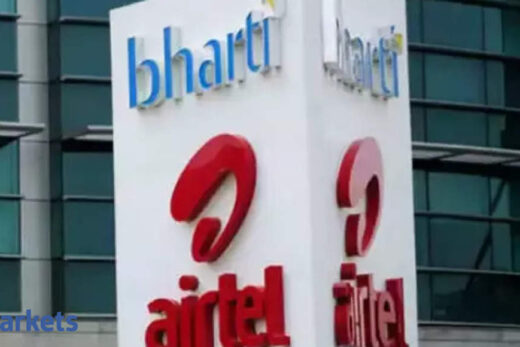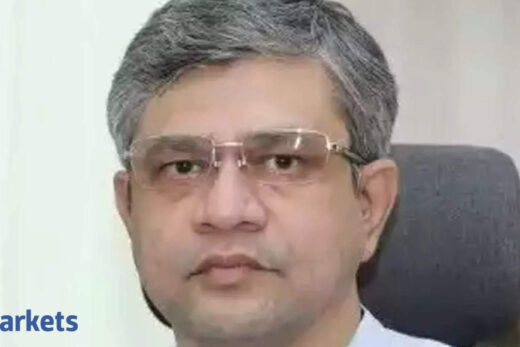“We are currently sourcing power from the grids and raw materials through imports that are way costlier than sourcing from Coal India,” said an official at a leading aluminium company.
Aluminium players are currently sourcing power from the grid at ₹15-20 per unit vs ₹2-5 per unit at their captive power plants (CPP). The CPPs are fired usually with solid fuel procured from Coal India.
“Stocks are available for the next 10 days. After that, we need to increase our grid power consumption, which is not viable and sustainable,” the person cited above said.
Coal India usually loads around 210-230 rakes per day for both power and non-power categories. Around 50-60 rakes per day go for non-power categories and half of those go to steel and aluminium.
“The issue started in April this year; however, we were getting some supplies. Now, if it comes down to zero, we have no option left than to reduce output,” said one of the industry executives, requesting anonymity.
The Aluminium Association of India (AAI) has written to the chairman of Coal India, seeking an immediate supply of rakes to the industry.
“In the aluminium industry, coal accounts for about 40% of the production cost….
The recent decisions for stoppage of secured coal supplies and rakes for non-power sectors are detrimental for the aluminium industry,” the letter said.
AAI said that this will jeopardize the sustainability of these companies as the continuous process-based plants are not designed for adhoc shutdowns and restarts.
Some of the steelmakers operating DRI-based (Direct Reduced Iron) or EAFs (electric arc furnaces) said that disruptions may impact their products and prices of steel may go up. “Around 75-80% of our requirement is fulfilled by CIL; importing would raise the costs and in effect steel prices may go up,” said one of the steelmakers ET spoke with.



